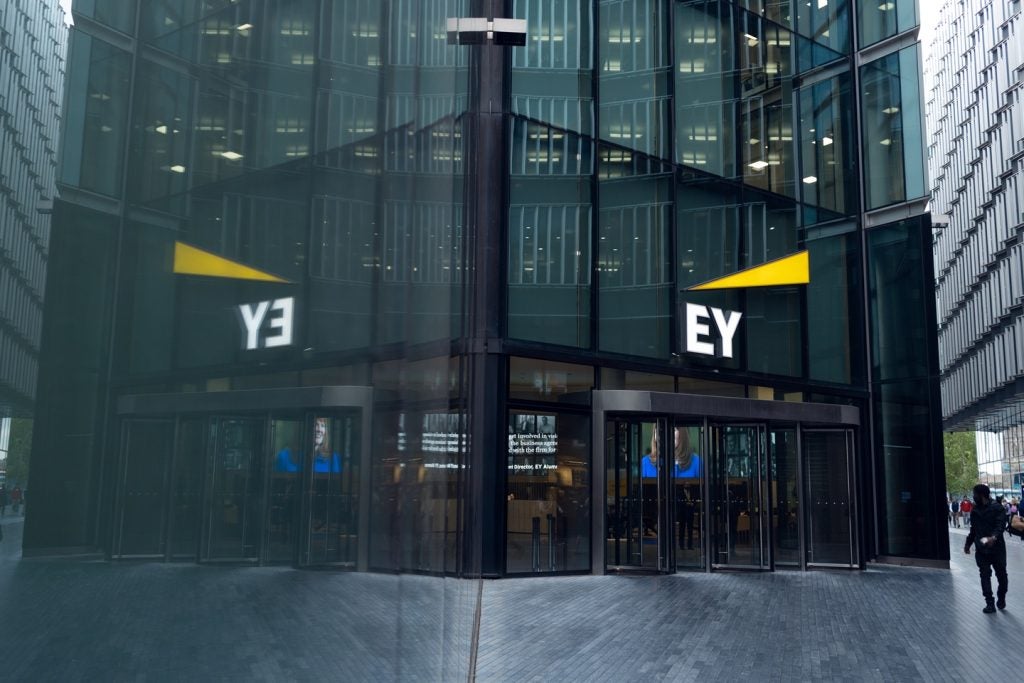
An RSM comment piece
The manufacturing industry, like a large proportion of the market, was a hot bed of merger and acquisition (M&A) activity in the 18 months post Lockdown 1.0. In late Summer 2022, we partnered with Make UK to survey the sector and at that time there was significant optimism regarding the outlook for M&A and investment. Since then, the business environment has become more challenging, and 2022 M&A levels in this sector have fallen marginally below pre-pandemic levels (representing c.95% of 2019 volume). That said, the landscape is continually changing and opportunities for M&A remain. The future is likely to involve a larger proportion of accelerated M&A, corporate carve-outs and refinancing. In recent times we have seen a “flight to quality”, with premium assets such as Heatmiser UK Limited, coming to market and attracting strong valuations.
What did the survey tell us?
In the survey we asked two key questions relating to M&A and investment. More than a third of business leaders confirmed they had held back investments in acquisitions over the past two years, indicating that growth via strategic acquisition remains a possible strategy for business leaders within the sector. It also demonstrates the impact that the extended period of uncertainty and tighter margins has had on many business leaders. Meanwhile, more than a quarter of manufacturers confirmed acquisitions remain within their top three investment priorities up to 2024. While investments in skills, plant and machinery, R&D and software all rank higher than acquisitions on average, this is understandable given these investments have all been restrained to a greater extent over the past two years and because these are the types of investments that may be deemed less risky by many business leaders.
What has happened since the survey?
Whilst the manufacturing industry has been contracting since August 2022, there are some tentative signs the industry is stabilising as both the new orders index and future output index are suggesting there are reasons to be more optimistic about 2023 than many first feared. At one point towards the end of 2022 the recession was expected to be slightly larger than the early 1990’s recession but still significantly less profound than the Global Financial Crisis of 2008. The current news is mildly more positive, with a shallower recession expected by many economists, including our own.
With large amounts of private equity dry powder raised, there might be a shift towards private equity backed trade parties or private equity platform investments being a more prominent acquirer as a proportion of all deals over the next 12 to 18 months.
What about deal volumes across the industry?
The data shows that manufacturing deal volumes have remained relatively strong throughout 2022, despite falling marginally below pre-pandemic levels. Q3 2022 dipped somewhat, and this could be linked to UK macro events linked to rising energy costs and the government leadership changes. From 2019 to 2022, private equity deals in the sector have consistently contributed to c.38% of transactions, year-on-year. However, it is telling that there has been an uptick in PE deals in H2 2022, with PE transactions contributing to c.42% of transactions.
How well do you really know your competitors?
Access the most comprehensive Company Profiles on the market, powered by GlobalData. Save hours of research. Gain competitive edge.

Thank you!
Your download email will arrive shortly
Not ready to buy yet? Download a free sample
We are confident about the unique quality of our Company Profiles. However, we want you to make the most beneficial decision for your business, so we offer a free sample that you can download by submitting the below form
By GlobalDataThe RSM perspective
RSM’s Industrials and Manufacturing M&A team have experienced an increase in transactions in the manufactured building and construction products related sub-sectors, with deal completion volumes in the sector increasing by c.10% in 2022 vs 2021. This is inevitably linked to increased activity following commercial and domestic construction and a UK housing sector boom throughout 2021 and H1 2022. In more recent times this trend has continued, with 35% of current RSM manufacturing sector transactions being categorised within these sub-sectors (albeit down from c.50% across 2021 and 2022). Interestingly, there has been a recent trend towards an increase in packaging, paper, and plastics transactions, with sustainability at the forefront of this agenda.
Sustainable manufacturing is at the top of global leaders’ agendas to help drive national competitiveness. The plastic packaging tax is just one tool that UK policy makers are using to influence business decisions and from a transaction perspective, Private Equity and Institutional Investors are increasingly using both ESG screening and inserting contractual requirements regarding sustainability performance. There will be more to come, and the innovation needed across these sub sectors will no doubt lead to opportunities for future transactions.
When thinking about a transaction what should a business be considering?
For a seller:
- Is it the right time? This could be based on value expectation, current profitability, current multiples in the market, stage of growth strategy (leave something for the buyer?) or development of the second-tier management team (is it strong enough?); and
- Is your house in order? A seller should understand their financial performance, keep their working capital requirements lean and mitigate any concentration risks that might be apparent (clients, key employees, supply chain…)
When acquiring:
- Does the timing make sense? This could be based on access to finance, resource to integrate the target post-deal or finding the right acquisition target;
- How defined is your acquisition criteria? Having a clearly defined acquisition criteria is a useful start point, including: size, sector and geography; and
- What about funding? Do you have access to finance and is it on attractive terms?
The completion mechanism
For both sellers and buyers, from a technical perspective the completion mechanism is important for the negotiation and protection of value. In addition, the structuring of a transaction (deferred or earn-out consideration) is even more important because of the changing debt funding landscape and increased cost of capital. Therefore, a business should at least consider appointing advisors – legal, tax and corporate finance as a minimum!






